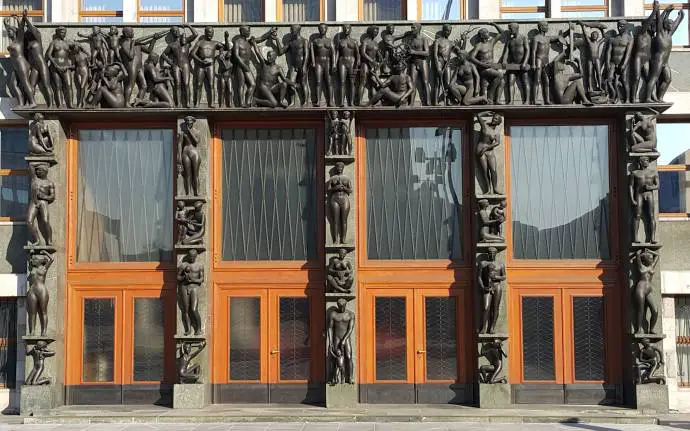MPs will start the session by forming the Privileges and Credentials Commission. The commission will then review a report on the election result, MPs election and possible complaints.
The election result is expected to be contested by a group of non-parliamentary parties called the Committee for Democracy of Equal Opportunities.
After that the National Assembly will vote to confirm MPs' terms.
The National Assembly is formed when the terms of at least 46 MPs in the 90-seat lower chamber of parliament are confirmed. This ends the terms of the previous 90 MPs.
The first task of the newly appointed MPs will be to elect speaker in a secret vote. Until then the session will be chaired by the oldest MP, that is the 73-year-old Peter Jožef Česnik of the Alenka Bratušek Party.
Under protocol rules, the National Assembly speaker is the second most important state official, preceded only by the president. The speaker represents the highest legislative body in the country and moderates parliamentary debates.
Talks on who will hold the prestigious post are always an important part of coalition negotiations.
Parliamentary parties are still mum about the names of potential candidates and allow for the possibility that Friday's session gets suspended and that the parties take a few more days to decide on who to endorse.
Another option is for MPs to appoint a speaker who would stay on the post until a coalition is formed and a new candidate put forward. This is deemed as a very likely scenario.
A candidate for speaker can also be put forward by ten MPs and given the large number of parties in the new National Assembly, there could be multiple candidates this time.
The candidate that gets at least 46 votes will be appointed.
There are some speculations that the outgoing prime minister, Miro Cerar, could be one of the candidates. He confirmed on Monday that the SMC had "expressed the intention" to propose him as a candidate.
This has, however, created some controversy, as legal experts do not seem to agree on whether an outgoing prime minister can serve as speaker.
Jurist Rajko Pirnat believes such a situation could constitute a breach of the principle of separation of powers. He sees a similar problem with all outgoing ministers who were elected MPs.
But in 2011, when outgoing PM Borut Pahor ran for speaker, former Constitutional Court Judge Franc Grad found no controversy in such a situation because the outgoing government had virtually no powers.
Theoretically, secretary general, deputy speakers, and chairs and deputy chairs of parliamentary bodies could also be elected at the maiden session of parliament, but it is unlikely that this will happen on Friday.
The posts must be filled within 30 days after the maiden session. Deputy groups must be formed within seven days.
When the National Assembly is fully operational, the procedures for the formation of the new government will formally start.
The president must put forward a candidate for prime minister after consultations with the heads of the new deputy groups within 30 days after the maiden session of parliament.
President Borut Pahor is expected to conduct the consultations between 2 and 5 July and put forward a candidate by 22 July.
Pahor had already announced he would put forward Janez Janša of the Democrats (SDS), which won the 3 June election in a landslide.
But the pair agreed Janša will not accept the offer if it becomes clear that somebody else enjoys the majority support in parliament.
Most parties announced before the election they would not join a Janša-led coalition and the election runner-up, Marjan Šarec, is also forming alliances.
Prime minister is elected by a majority of MPs in a secret vote. The National Assembly must vote on the prime minister within seven days after receiving the proposal.
If all legal deadlines are met, the vote on the new PM is expected at the end of July, between 26 and 30 July.
If the candidate for PM does not win enough support, the president can conduct another round of talks with deputy group heads and put forward a new or the same candidate within 14 days.
Deputy groups or at least ten MPs can also put forward their candidates.
If none of the candidates get elected, the president dissolves the National Assembly and calls a new election unless the National Assembly votes to elect the prime minister within the next 48 hours. In this case, the support of a majority of the MPs present is enough for the PM to get elected.
When elected, the prime minister-designate has 15 days to present ministerial candidates to the National Assembly. The government is formed when more than two-thirds of ministers are appointed by MPs. Ministers without portfolio are excluded.
If the National Assembly fails to appoint the remaining ministers within three months after the government took office, the cabinet is dissolved.






